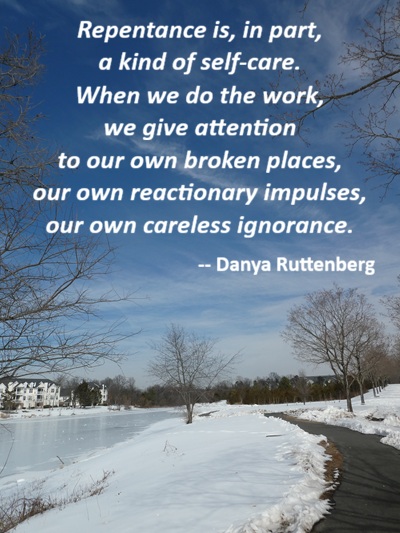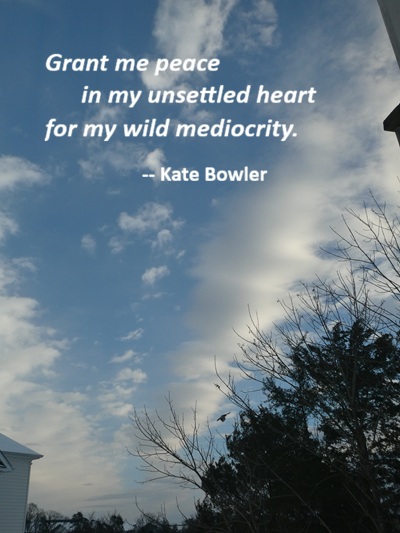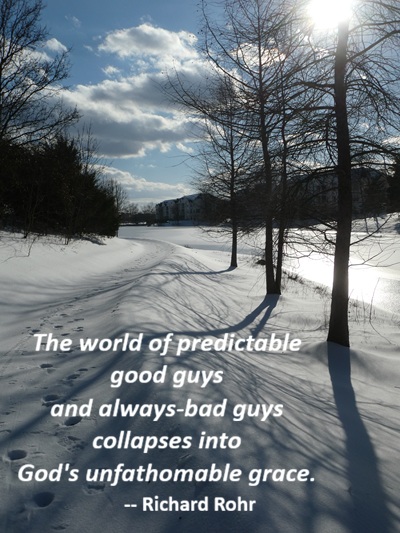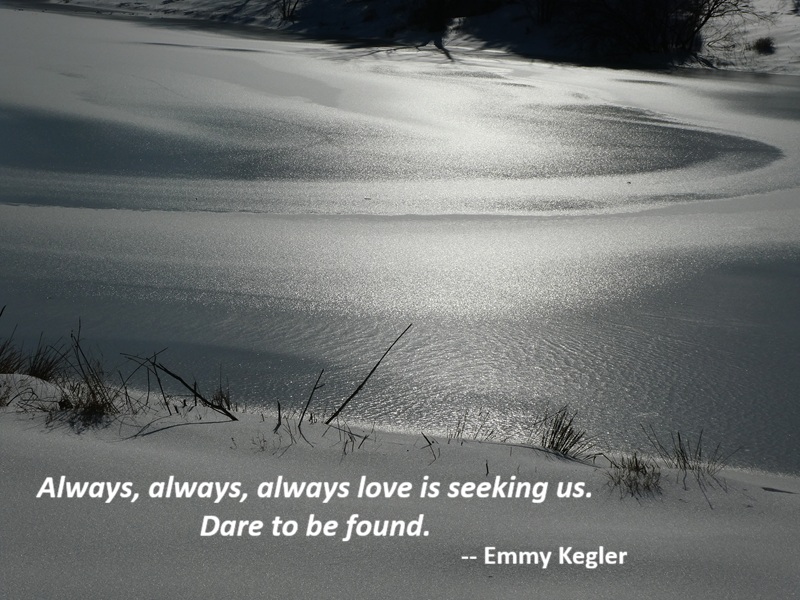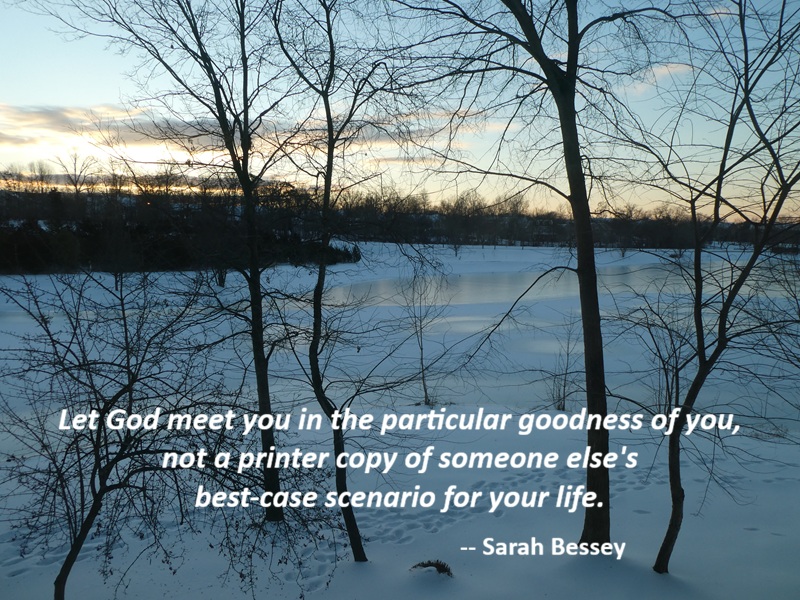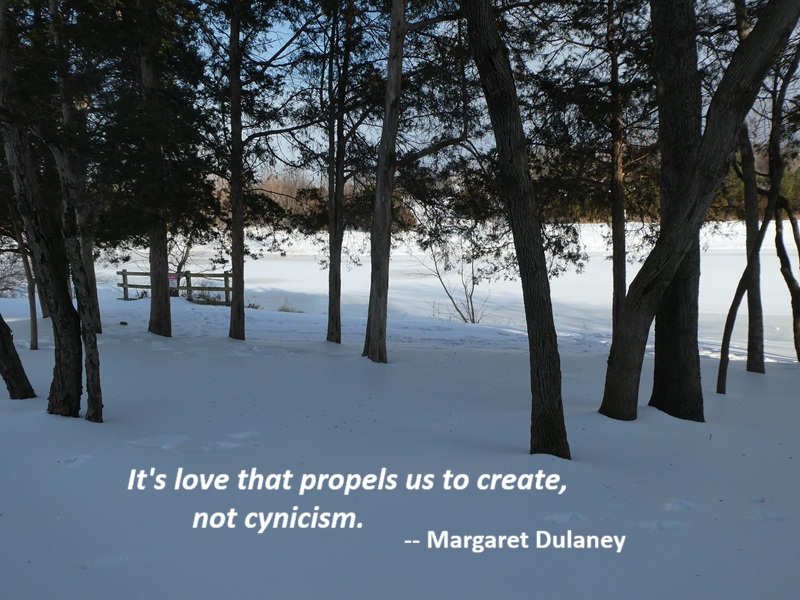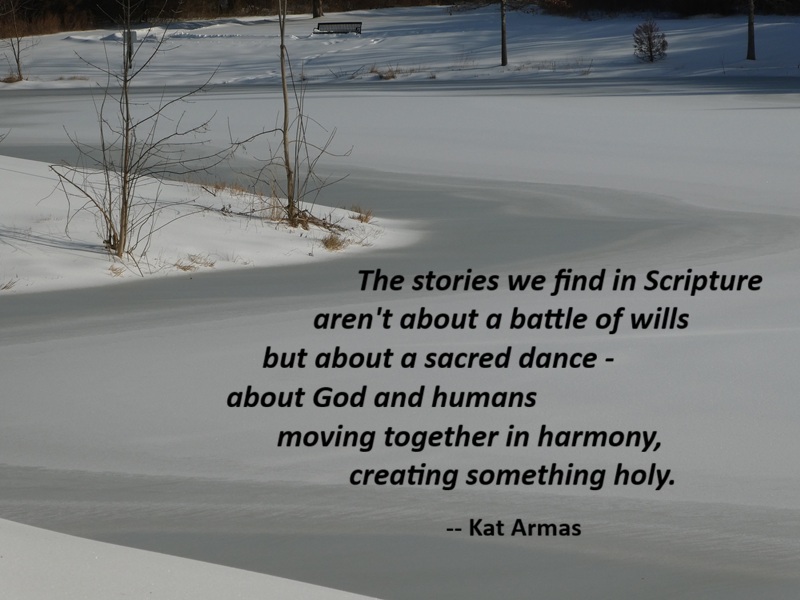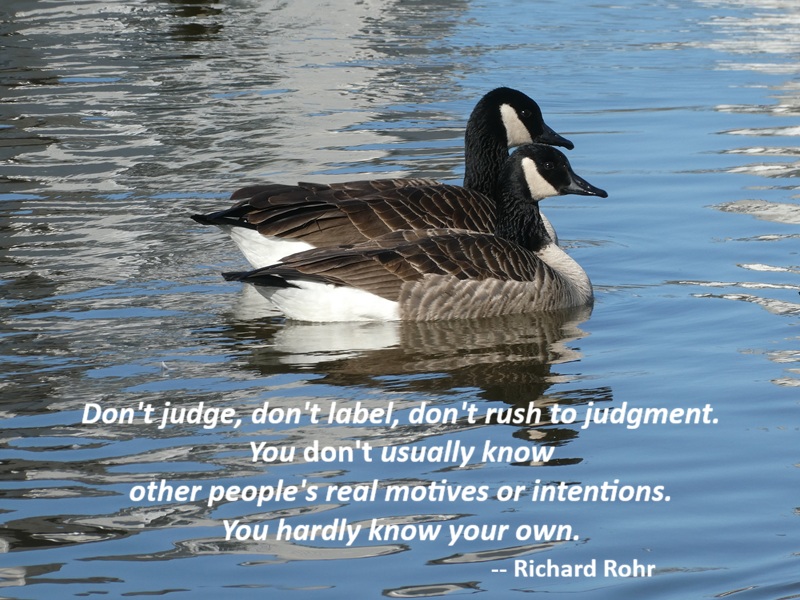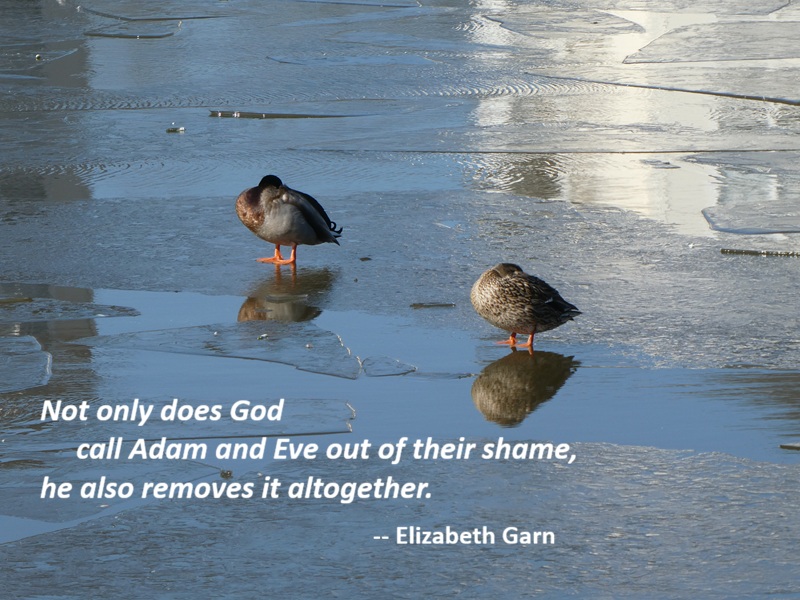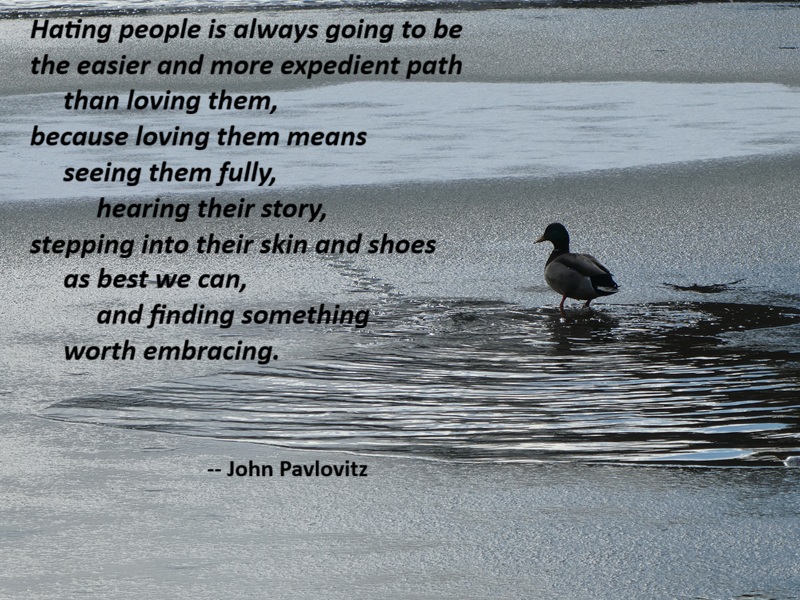Repentance as Self-Care
The work of repentance is, in many ways, the work of looking outside ourselves, looking with an empathetic eye at what we have done, letting it matter to us, and trying earnestly to figure out how we can both meaningfully address it and ensure that it never happens again. This is, in some ways, an act of tenderness, of extending ourselves to care for others, of giving ourselves the time and attention we deserve to grow, of investing in our own learning and capacity to heal.
Because repentance is, I believe, in part, a kind of self-care. When we do the work, we give attention to our own broken places, our own reactionary impulses, our own careless ignorance. And it’s a way of saying, “Hey, self, you need some attention. Let’s give you some help becoming the kind of person you want to be.”
— Danya Ruttenberg, On Repentance and Repair, p. 59
Photo: South Riding, Virginia, January 10, 2026
